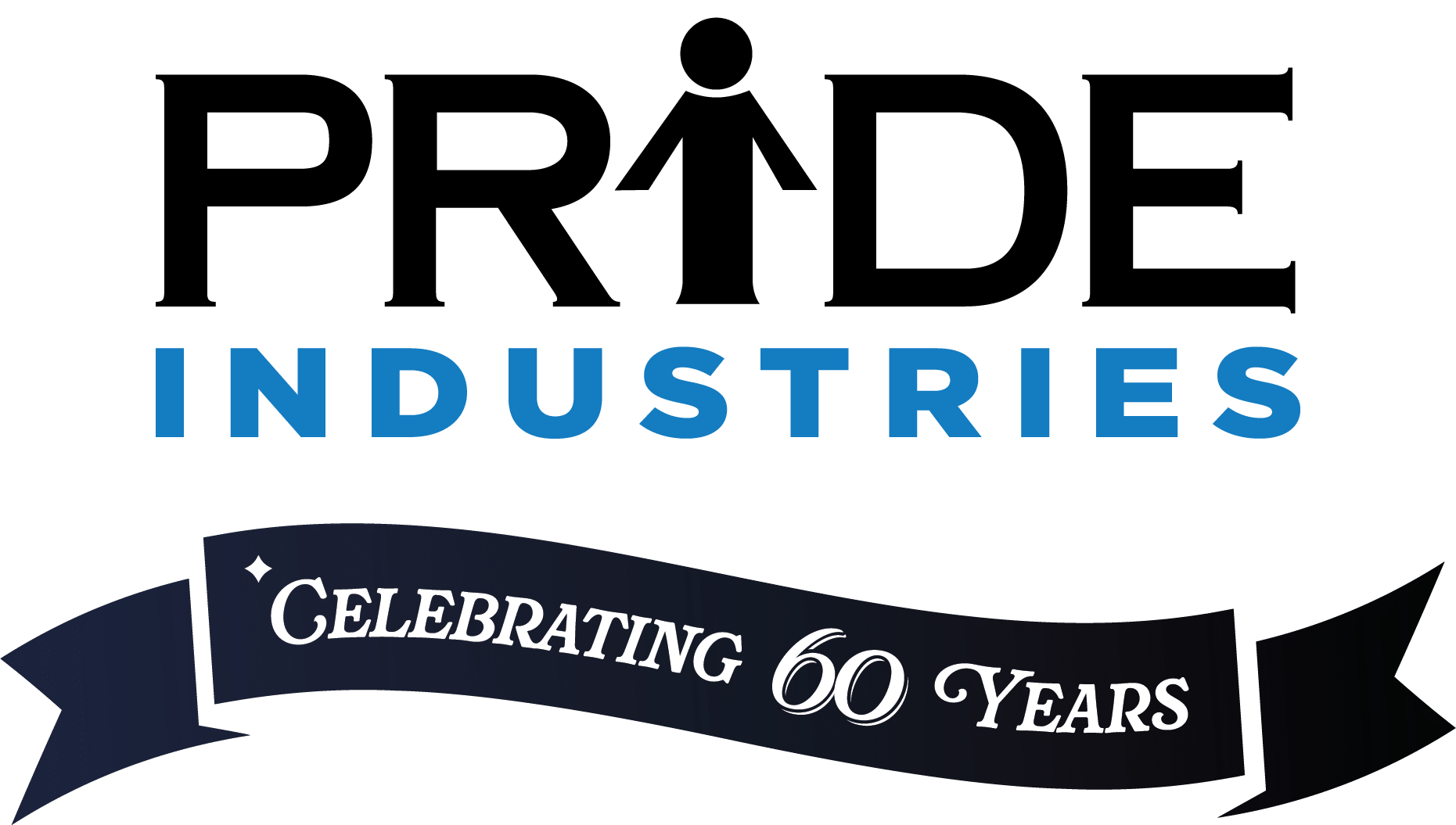by Andrew Williams
The manufacturing labor shortage is a pressing concern for American electronics companies, where the scarcity of long lead-time components is matched by a shortage of skilled workers. Decades of job losses in the manufacturing sector have resulted in a lack of interest in manufacturing careers among potential workers who lack personal connections to the industry. To address this issue, companies are exploring various strategies, such as increased automation and training collaborations with community colleges. They have also found success by offering flexible work schedules that cater to the preferences of college students, single parents, and retirees.
One effective solution for electronics companies seeking to combat labor shortages is to consider populations that have been overlooked in the past, such as people with disabilities. PRIDE Industries, the company where I work as Director of Product Engagement, has been a pioneer in employing individuals with disabilities since its inception in 1966, when it was founded by a group of parents seeking employment for their adult children with disabilities. Today, PRIDE Industries is the leading employer of people with disabilities in the nation. We employ thousands of individuals in our lines of business and have helped thousands more find jobs with other companies.
How Employees with Disabilities Mitigate the Manufacturing Labor Shortage
The line of business in which I work—Manufacturing and Logistics Services (MLS)—was established in the 1990s when one of our customers asked us to manufacture a new product for them. Since this product had a simple production flow, it was well-suited to inexperienced production workers. Starting with a job shop that performed through-hole assembly using a slide line, our division has grown into a comprehensive EMS provider with full SMT capabilities. We now produce a variety of products, including Class II medical devices, using an inclusive workforce that includes a high number of people with disabilities.
It’s a proven fact that employees with disabilities have lower turnover and absenteeism than average.

People with disabilities are one of the most underrepresented groups in the labor force. Two-thirds of working-age Americans with a disability are unemployed, even though many want to work. Given that one in four Americans has a disability, this is a significant waste of talent. At PRIDE Industries, we’ve successfully created employment opportunities for this labor pool, which enables us to reap the benefits of a broad talent base.
How to Make the Factory Floor More Inclusive
Integrating people with disabilities into the production line requires thoughtful planning. For example, job descriptions sometimes need to be modified to align better with an employee’s specific skill set. And often, new fixtures, tooling, and jigs must be developed to support the integration of employees with disabilities into production roles. But the benefits of these efforts are substantial. Our inclusive workforce demonstrates a level of focus and consistency that surpasses that of the general workforce. And it’s a proven fact that employees with disabilities have lower turnover and absenteeism than average. It’s no surprise, then, that our 30 years of experience have taught us that the benefits of accommodating employees with disabilities more than outweigh the costs.
While hiring people with disabilities may not completely resolve the manufacturing labor shortage faced by electronics manufacturers, it can significantly alleviate talent issues for many organizations. And there are broader societal benefits to recruiting from this underrepresented segment of the labor market. By providing the right opportunities, we can empower individuals with disabilities to become independent. Hiring from this talent pool also addresses chronic unemployment and reduces the underutilization of valuable production resources, a benefit that aligns with lean manufacturing principles.
For over 30 years, PRIDE Industries has proven the value of an inclusive workforce. Employing people with disabilities not only changes lives, but also brings real material advantages to the companies that provide these opportunities—advantages that extend far beyond the obvious ESG benefits. Even the surrounding community benefits, in the form of reduced safety net costs and an increased tax base. When you build an inclusive workforce, it’s a win for your employees, your company, and the community you call home.
